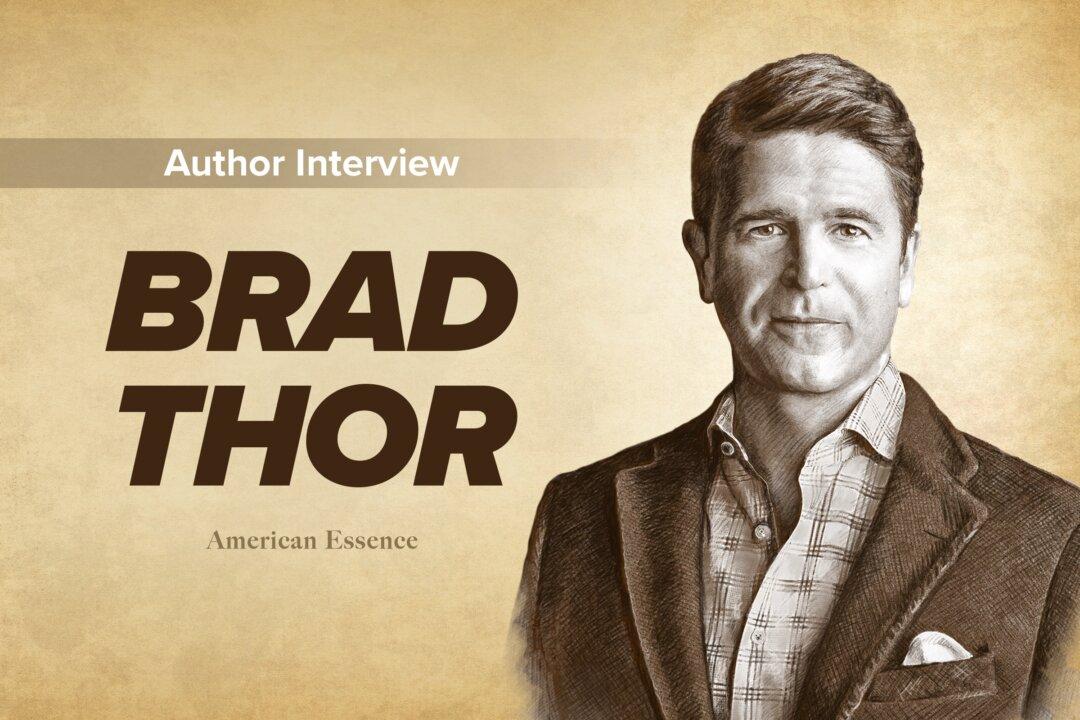Bestselling author Brad Thor, who writes a thriller every year, is known to tackle emerging security topics and create novels characterized by assiduous research and imaginative plots—what he calls “faction.” This wasn’t lost on the U.S. government, which tapped him to join its Analytic Red Cell program to come up with plausible scenarios involving threats and attacks on the United States.
With his latest novel, “Dead Fall,” he took a different tack, writing about the Ukraine–Russia conflict—as it was happening. We spoke to Mr. Thor about his recent book as well as his views on America’s role in the world.






